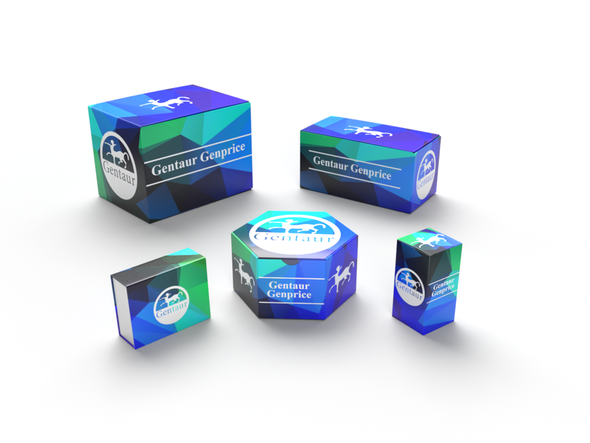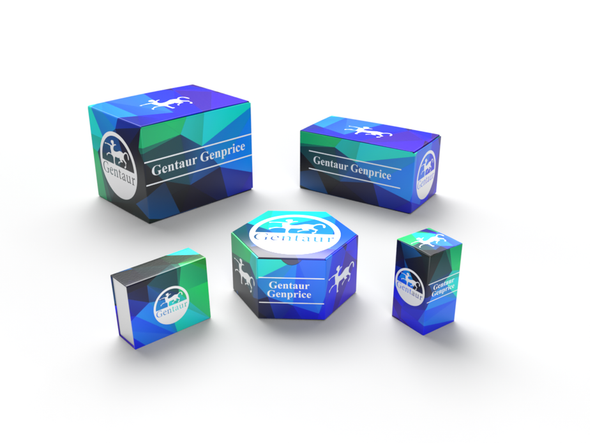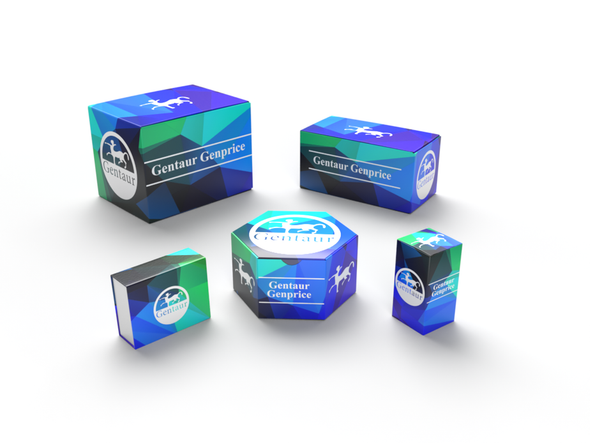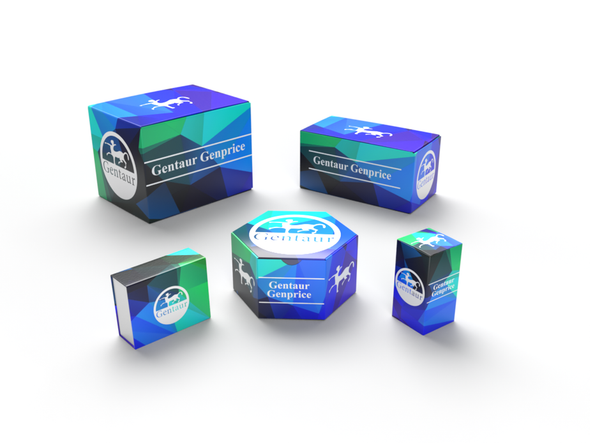Description
Mouse Anti-Human Activin R2A Antibody | 101-M171 | Gentaur UK, US & Europe Distribution
Species: Anti-Human
Host / biotech: Mouse
Comment: N/A
Label: N/A
Clone / Antibody feature: (#6J16)
Subcategory: Monoclonal Antibody
Category: Antibody
Synonyms: ACVR2A; ACVR2; ACTRII
Isotype: IgG2
Application: WB, IHC
Detection Range: N/A
Species Reactivity/Cross reactivity: Human
Antigen: recombinant human Activin receptor IIA extracellular domain
Description: Activin proteins are involved in a wide range of biological processes including mesoderm induction, neural cell differentiation, bone remodeling, hematopoiesis, the regulation of reproductive physiology, inflammation, and carcinogenesis. They function through heteromeric complexes of type I and type II serine/threonine kinase receptors. Dimeric ligands bind to a type II receptor, such as Activin Receptor IIA (ActRIIA or activin R2A), which then associates with a type I receptor to initiate signal transduction. ActRIIA mediates the pleiotropic effects of Activins and Inhibins as well as several members of the BMP and GDF families of TGF β like proteins. Mature human ActRIIA is a 70 kDa glycoprotein that consists of a 116 amino acid (aa) extracellular domain (ECD), a 26 aa transmembrane segment, and a 352 aa cytoplasmic region that includes the kinase domain and a PDZbinding motif. Within the ECD, human ActRIIA shares 98% aa sequence identity with mouse and rat ActRIIA. Signaling through ActRIIA is modulated by its interaction with RGMB/ DRAGON, Cripto, Endoglin/CD105, TGFβ RIII/Betaglycan, or BAMBI. These interactions can enhance ligandinduced signaling or interfere with signaling by preventing ActRIIA association with type I receptors. Activininduced responses can also be limited by the enhanced internalization of ActRIIA following its association with the cytoplasmic proteins ARIP1 and ARIP2.
Purity Confirmation: N/A
Endotoxin: N/A
Formulation: lyophilized
Storage Handling Stability: Lyophilized samples are stable for 2 years from date of receipt when stored at -20°C. Reconstituted antibody can be aliquoted and stored frozen at < -20°C for at least six months without detectable loss of activity.
Reconstituation: Centrifuge vial prior to opening. Reconstitute the antibody with 500 µl sterile PBS and the final concentration is 200 µg/ml.
Molecular Weight: N/A
Lenght (aa): N/A
Protein Sequence: N/A
NCBI Gene ID: 92










